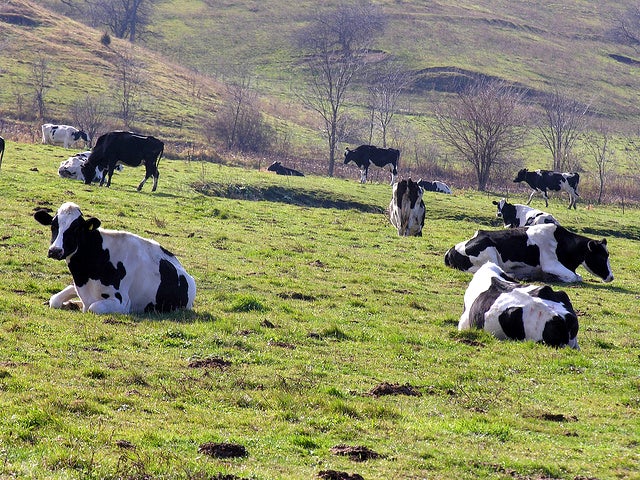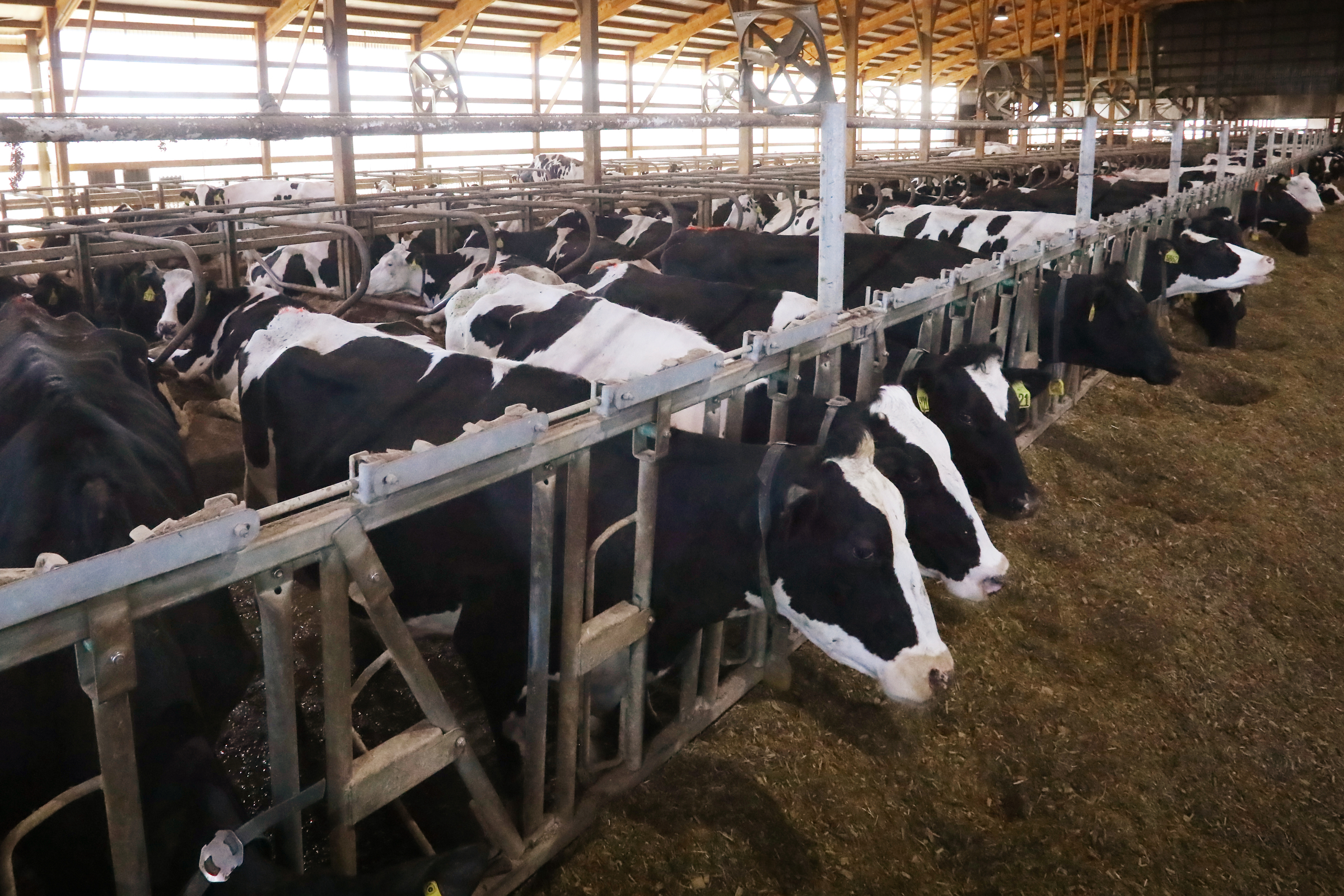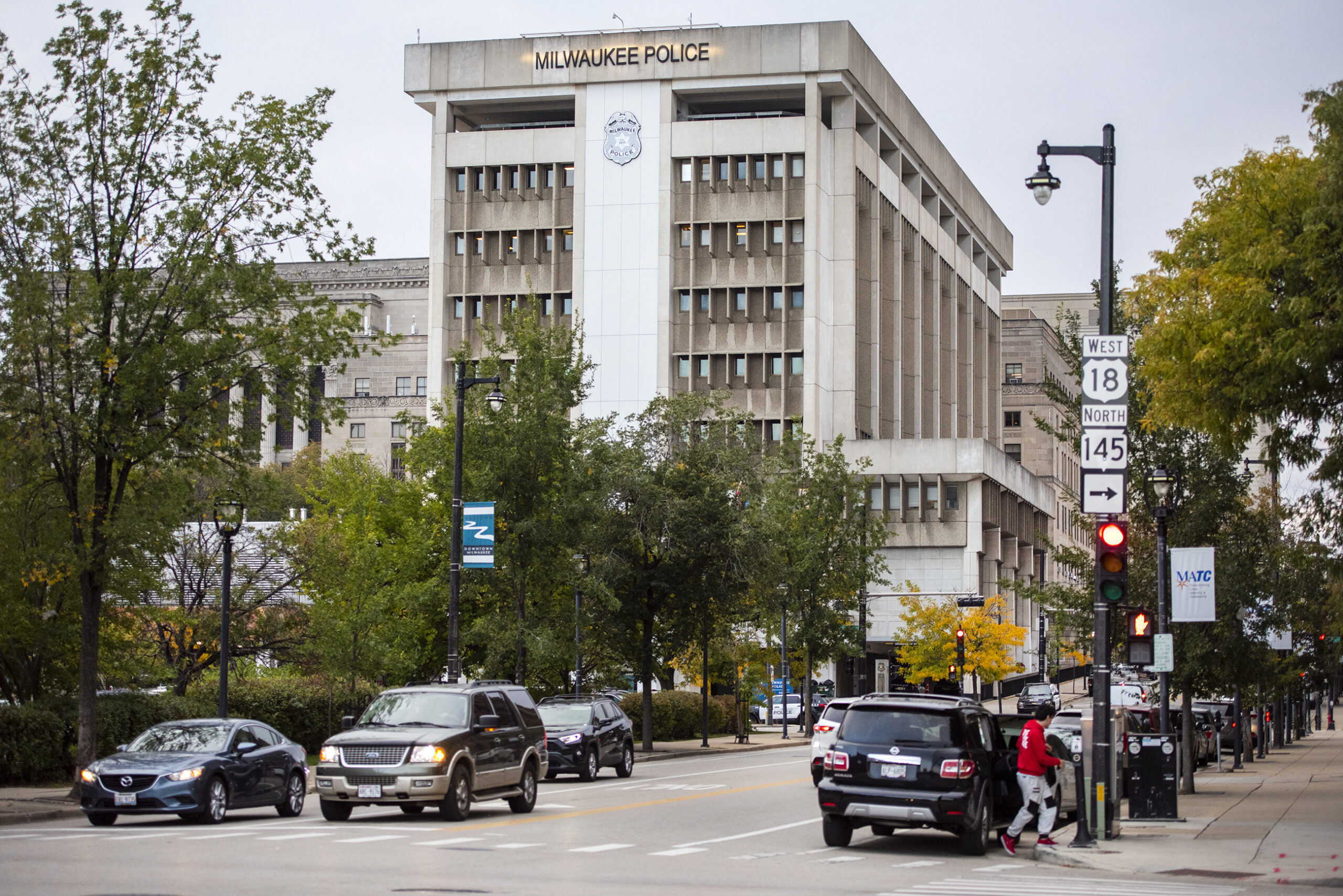A newly signed spending bill that funds most of the government through next fall includes many agriculture-related provisions, including billions of dollars going towards research and rural development.
One of the provisions requires the U.S. Department of Agriculture to make a proposal on country of origin labeling, also known as COOL, by May. Wisconsin Cattlemen’s Association President Austin Arndt said the labels on meat and produce put Canada and Mexico at an unfair advantage. He said that the U.S. has taken far too long to deal with the issue.
“The World Trade Organization has ruled that COOL is illegal now twice, and our country keeps appealing that. We just need to put an end to it and make it go away,” said Arndt.
Stay informed on the latest news
Sign up for WPR’s email newsletter.
The bill also prevents the USDA from starting a second Beef Checkoff Program — a national campaign that focuses on beef promotion and research — and prevents the federal government from regulating greenhouse gas emissions from livestock manure.
Another provision could impact how water is regulated on farm fields. The U.S. Environmental Protection Agency and Army Corps of Engineers issued a ruling earlier this year on the Clean Water Act and farming practices that was tied to proposed changes regarding what kinds of waters the federal government oversees. The spending bill, however, forces the EPA and the Corps to withdraw rules it had placed on farmers for now.
Wisconsin Farm Bureau’s Director of Government Relations Karen Gefvert said they’d prefer to keep working with the state Department of Natural Resources on water permitting.
“You’re not dealing with a state permitting process — you’re dealing with federal agencies, she said. “Many times there’s a lot more bureaucracy and it’s a lot harder to get approval for permits.”
Gefvert says they expect a final decision in mid-2015.
Wisconsin Public Radio, © Copyright 2024, Board of Regents of the University of Wisconsin System and Wisconsin Educational Communications Board.





